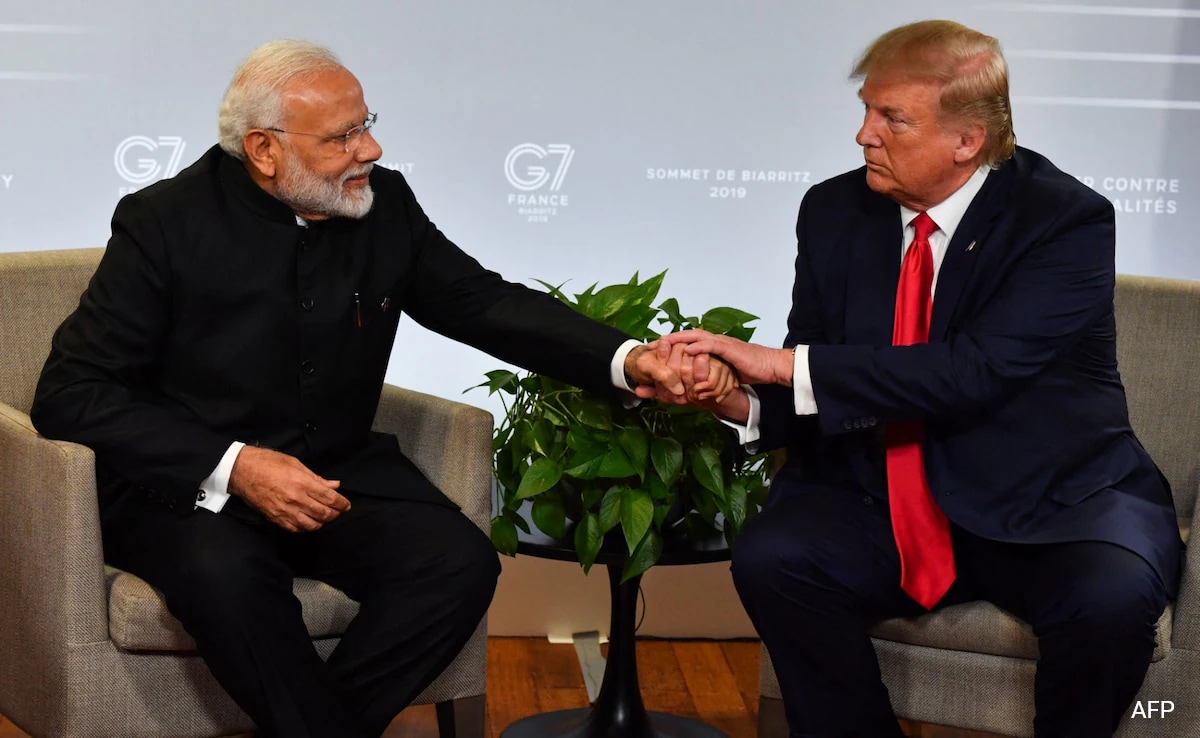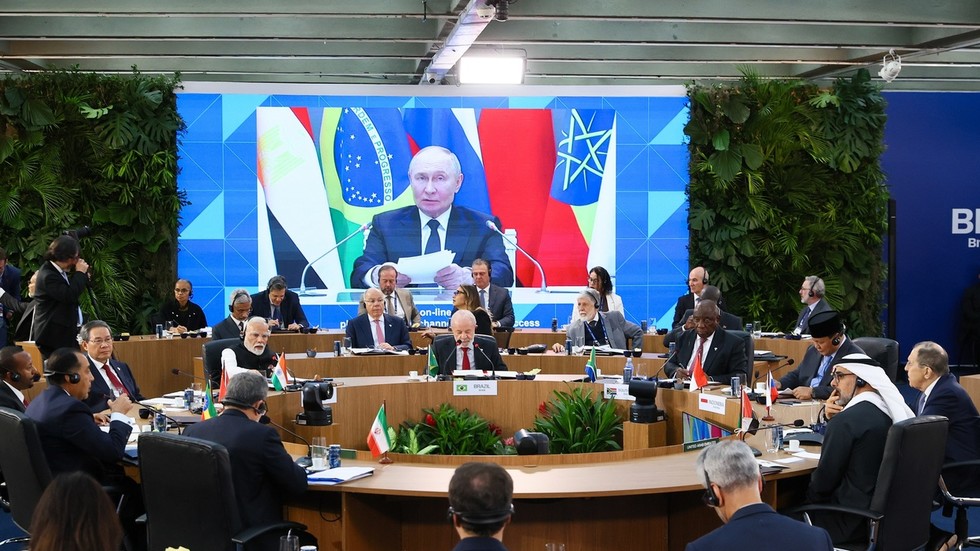In the streets of Rio de Janeiro one can find street vendors selling anything from popcorn to cigarettes to electronics, like charging cables and earphones.
If you ask to pay with cash or a credit card, the response will most likely be, “Do you have Pix?”
Brazil’s instant payment system works much like US payment apps like Zelle, but instead of being ruled by a consortium of banks it is controlled by the Brazilian Central Bank.
To access the payment system, one only needs to have a Brazilian bank account and an email address or a phone number. You can then register a personal or company Pix key using a taxpayer ID number (Brazil’s version of a social security number).
The whole country is operating on the system, for everything from buying groceries in a remote rural village to buying clothes in a shopping mall in Latin America’s biggest city of São Paulo.
You name it, everyone’s using Pix.
Benefits for the poor
The payment system is used by those from all income levels, with 159.9 million people registered at the end of June of 2025, according to Brazil’s Central Bank data.
“This has been the best thing the government has ever done for Brazil's poorest by far,” according to Márcio Garcia, an economics professor at Pontifical Catholic University of Rio de Janeiro.
“This has led to increased participation in the economy by poorer segments of the population, including opening bank accounts and becoming part of the banking system. It has become fundamental to the economic production of a lot of Brazilians today, given the size of the informal economy.”
Pix was launched in 2020 during the height of the Covid-19 pandemic, when many Brazilians opened bank accounts for the first time to receive government aid. They also quickly embraced the zero-contact Pix payment system.
Pix is used by 93 percent of adults in Brazil, with 62 percent naming it as their most frequently used payment method, according to a Google survey published by Valor in mid-July.
By 2024 Pix was already the most widely used payment method in the country, used by more than 76% of the population and surpassing both debit cards and cash (at around 69%), according to Brazil’s Central Bank.

US corporate giants not happy
But not everyone is thrilled. Two major US corporate interests – big tech and credit card networks – are losing market share to Pix.
Months before Pix launched, Facebook parent company Meta announced in 2020 that it would introduce WhatsApp payments in Brazil. But banking authorities delayed the rollout, arguing that it could undermine Brazil’s own payment systems. Meta eventually launched the WhatsApp payments system in May 2021 – six months after Pix entered the market – but it has since failed to gain traction. Some in the industry blame the decision to delay, citing the Brazilian government’s vested interest in the Pix programme.
The Office of the US Trade Representative (USTR) issued a statement in July announcing that it was investigating Brazil's “unfair trading practices”, saying that Brazil “may harm the competitiveness of American companies” by favouring its own innovative, government-developed electronic payment services, although it did not mention Pix by name.
Against the backdrop of US President Donald Trump threatening to impose a 50% tariff on Brazil and calling for Brazil to halt the trial of far-right former president Jair Bolsonaro for his alleged coup attempt, the probe into trading practices seemed like another attack. A government-run social media campaign went viral with the slogan: “Pix is Ours, My Friend.”
Against the backdrop of US President Donald Trump's threats to impose a 50 percent tariff on Brazil – which will now be implemented on August 1 – and calling for far-right former president Jair Bolsonaro's trial for his alleged coup attempt to be halted, the probe into trading practices seemed like another attack. A government-run social media campaign went viral with the slogan: “Pix is Ours, My Friend.”
“Seems like our Pix is causing a lot of jealousy abroad, you know?” the government said in an Instagram caption.
To display this content from Instagram, you must enable advertisement tracking and audience measurement.
“Don't mess with what's working, OK?” the post concluded.
Paul Krugman: ‘Has Brazil Invented the Future of Money?’
The Pix payment system has caught the attention of economists worldwide, notably Nobel laureate Paul Krugman. “Has Brazil Invented the Future of Money?” he asked in his Substack blog.
In the article the economist highlights the popularity for Pix transactions as they are done “almost instantaneously”, as payment processing takes just three seconds, versus two days for debit cards and 28 days for credit cards.
He also cites an International Monetary Fund report that shows Pix transaction costs are lower, even free for individuals. For firms and merchants transaction fees are only 0.33%, compared to 1.13% for debit cards and 2.34% for credit cards.

Krugman floats the possibility of introducing a similar central bank digital currency (CBDC) in the US, for example, one issued by the Federal Reserve.
“But what about the possibility of creating a partial CBDC? Could we retain private bank accounts but provide an efficient, publicly-run system for making payments out of those accounts?” Krugman asked. “Yes, we could. We know this because Brazil has already done it.”
Brazil itself is already moving in that direction, with its Central Bank currently developing Drex, a digital currency designed to complement Pix and support transactions like programmable payments.
But Krugman’s forecast for such a system being introduced in the United States is a clear, “No. Or at least not for a long time …” due to two main obstacles: first, the power of the US financial sector, which "would never allow a public system to compete with its products (…) especially if the public system is superior”.
Read moreUS House passes landmark crypto bills in boost to Trump's deregulation objectives
Krugman, a long-time critic of Donald Trump’s administration, said a second obstacle would be that Republicans “will never, ever admit that a government-operated payments system might be better than private-sector alternatives”.
He also emphasised that Pix is “achieving what cryptocurrency boosters claimed, falsely, to be able to deliver through the blockchain – low transaction costs and financial inclusion”.
“Other nations may well learn from Brazil’s success in developing a digital payment system. But America will probably remain trapped by a combination of vested interests and crypto fantasies."
Could it work in Europe?
Nathalie Janson, an economics professor at Neoma Business School and a specialist in digital currencies, says a system like Pix has not been implemented in Europe simply because there is no strong demand for one.
“Pix was a voluntary project by the Brazilian authorities to expand banking access,” she explains. It isn’t a priority in Europe since financial inclusion is not a pressing issue, she says, noting that the percentage of the population using banks is very high – 80 percent on average, with France having the highest rates at over 95 percent.
Janson acknowledges that while third-party systems like PSPs (payment service providers) don’t allow real-time payment settlements like Pix does, that delay has “not been an obstacle or a burden” for European businesses.
Most Europeans already rely on Visa, Mastercard, Apple Pay, or banking apps like Lydia, and bank transfers are often instant. While these systems are not unified under a single public infrastructure like Pix, they are functional enough for most users.
Instead, the European Union is investing in the Digital Euro – a separate initiative with a different scope. Unlike Pix, it’s not just a payment system, but a central bank digital currency built on a “decentralised ledger on a blockchain where the level of security is higher”.
Watch moreDigital euro inches closer to reality: Will Europeans trust a virtual currency?
But she warns that this could open the door to central bank micromanagement, a scenario where monetary authorities target how and where people spend. To preserve privacy, one possible solution would be offline transactions, but those come with weaker security.
And while digital tools like Apple Pay and dematerialised debit cards are gaining ground, small cash payments under €5 still account for more than 90 percent of physical transactions in the eurozone.










 English (US) ·
English (US) ·